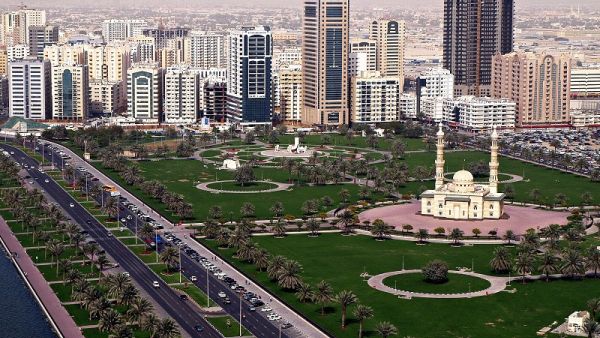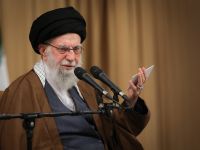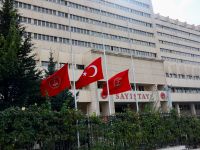The Abu Dhabi Executive Council has allocated Dh330 billion for the implementation of major development projects over the next five years in the emirate of Abu Dhabi, a good part of which would be invested towards the development of the emirate’s Western Region.
Mohammad Hamad Bin Azzan Al Mazroui, acting undersecretary of the Ruler’s Representative Court in the Western Region, told reporters at a news conference in the capital yesterday that major development programmes across the Western Region will reflect positively on Abu Dhabi’s economy, too.
The Western Region Development Council (WRDC) is also encouraging the private sector to consider Al Gharbia as its next investment destination. In this regard, WRDC and the MEED business intelligence agency are jointly organising the inaugural Al Gharbia Development Forum on May 27 in Abu Dhabi for companies and organisations looking to become a part of the massive development push Al Gharbia is set to witness. The forum will host senior government officials from across the country and the Middle East and also involve global businesses in discussing opportunities and challenges confronting Al Gharbia.
Government officials from Abu Dhabi participating in the forum include Mohammad Omar Abdullah, undersecretary, Abu Dhabi Department of Economic Development; Falah Al Ahbabi, general manager, Abu Dhabi Urban Planning Council; Mohammad Hilal Al Muhairi, director general, Abu Dhabi Chamber; and Mohammad Al Hammadi, chief executive officer, Emirates Nuclear Energy Corporation.
The WRDC has identified a number of key non-oil sectors to drive economic growth and development in the Western Region. The move is in line with the council’s efforts to promote economic diversification given Al Gharbia’s current reliance on the oil and gas sector. The region boasts a number of oil-related projects, with the UAE’s civil nuclear energy programme in Barakah being another very prominent project. The nuclear power reactors in Barakah envision a goal of meeting 25 per cent of the emirate’s power requirements from nuclear energy by 2020.









